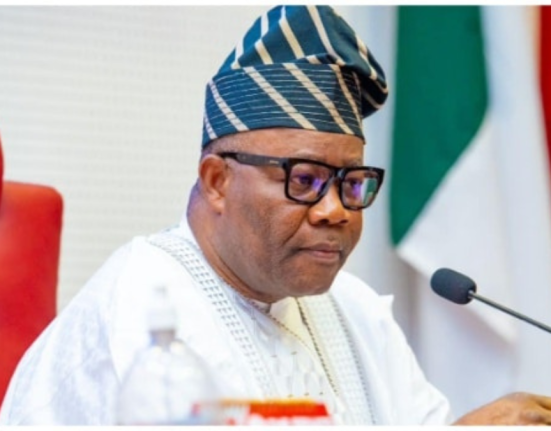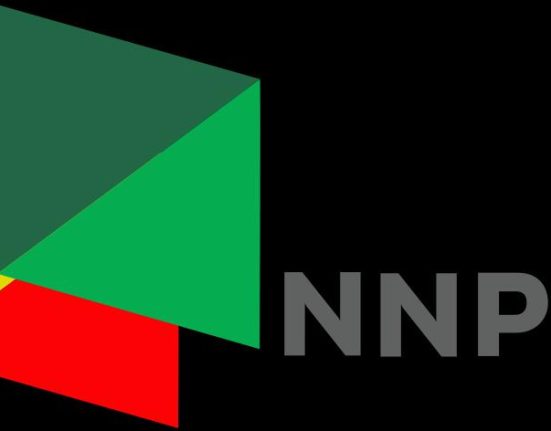The International Monetary Fund (IMF) has pledged to deepen its support for Nigeria’s Federal Inland Revenue Service (FIRS) as the agency implements far-reaching reforms aimed at improving tax administration and boosting government revenue. This commitment was reaffirmed during the IMF-supported Headquarters Mission to Nigeria, which opened this week at the FIRS headquarters in Abuja.
Speaking at the event, Paulo Paz, a Senior Economist with the IMF’s Fiscal Affairs Department, lauded the agency for its recent achievements under the leadership of Executive Chairman Zacch Adedeji. According to Paz, the FIRS has shown strong institutional commitment and delivered significant value to Nigerian citizens through its core functions. “Our take on the four new tax laws is, first, a recognition of the very good work that FIRS has been providing. You have at the same time the recognition and new responsibilities with these very powerful laws,” he said, noting that the IMF is honoured to be a partner in this journey.
The IMF’s mission in Abuja is aimed at identifying further areas of collaboration with FIRS, particularly in implementing Nigeria’s new tax laws signed by President Bola Tinubu earlier this year. These laws are expected to increase the tax authority’s relevance and reshape the country’s domestic revenue landscape. Paz emphasized that the IMF’s goal is to support FIRS in overcoming potential challenges tied to these new responsibilities, while strengthening its institutional capacity.
In a statement delivered on behalf of Zacch Adedeji, FIRS Chief of Staff Tayo Koleosho welcomed the IMF delegation and praised the longstanding collaboration between the two institutions. He highlighted ongoing joint efforts in key areas such as digital transformation, VAT automation, portfolio management, and compliance programming. “We are working together in digital transformation, VAT automation, and even the compliance programme… I am particularly interested in how corporate planning aligns with data portfolio management so that our strategy translates into manageable tasks,” Koleosho noted.
Bolaji Akintola, Coordinating Director of the FIRS Corporate Services Group, provided further insight into the impact of the IMF’s technical assistance. She revealed that FIRS, with the Fund’s support, conducted two rounds of the Tax Administration Diagnostic Assessment Tool (TADAT) evaluation—first in 2018 and again in 2023. The results from the 2023 TADAT indicated marked improvement across key performance indicators, reflecting the agency’s commitment to institutional excellence. Akintola noted that several areas of weakness identified in the 2023 assessment have already been addressed and codified into the recently enacted tax reform laws.
Looking ahead, the IMF reaffirmed its readiness to continue working closely with the FIRS, especially as it transitions into the Nigeria Revenue Service (NRS) in 2026—a move aimed at reflecting a broader national mandate and more integrated tax strategy. Both institutions reiterated their shared vision to enhance domestic revenue mobilization, modernize Nigeria’s tax system, and support inclusive economic growth.








